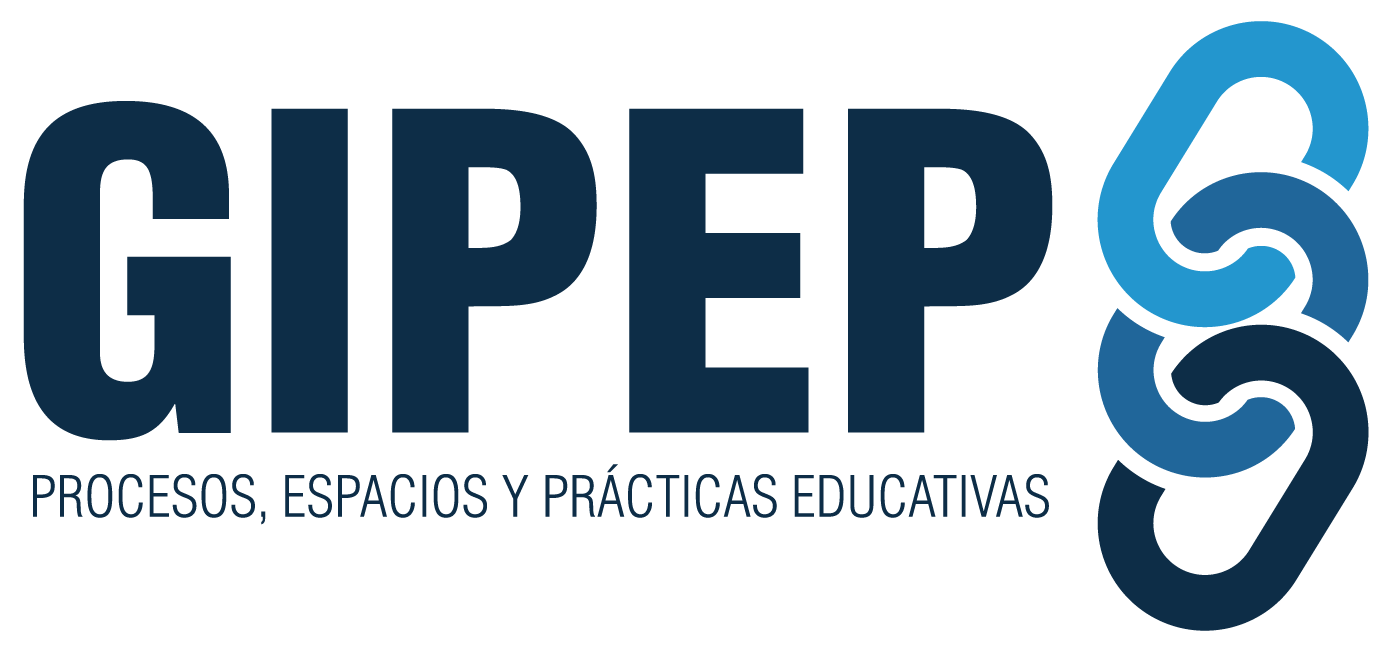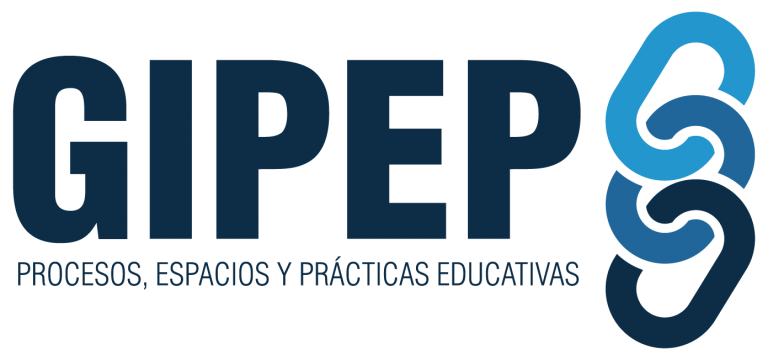This research group was set up in 2005, when it was formally registered as a Recognised Research Group (GIR) at Salamanca University. In 2008, it was further acknowledged as a Research Excellence Group (GR 209), being entered in the Register of Research Excellence Groups of the Autonomous Community of Castilla y León (Spain). From the beginning and through to 2018, the group was headed by Professor Ángel García del Dujo; today, this position is held by Professor José Manuel Muñoz Rodríguez.
The group’s name (GIPEP, Procesos, espacios y prácticas educativas) [Processes, spaces and educational practices], generally reflects its goals, as it seeks to understand, explain and transform the theoretical and practical aspects of those socio-educational phenomena involved in actions and processes in education, its times and spaces, and its policies and practices. Focusing on basic and applied research in education, it sets out to design frameworks of pedagogical interest, from a humanist-scientific perspective, and transform them into resources for action and practice in education.
Without forgoing its true lines of research, corresponding to the field of knowledge of the Theory and History of Education, and with the pedagogical field as its core interest, over time this group has steadily broadened the scope of its interests following the incorporation of researchers from related areas, such as Didactics, the Didactics of Social Sciences and the Didactics of Experimental Sciences, as well as other less obvious ones, such as Sociology and Anthropology. Its lines of research are as follows: Theory of Education; International Education Policies; Pedagogy and Social education; Cultural Diversity, Educational Inclusion and Social Memory, and Education for Sustainable Development. This group has been characterised by an inter-team and interdisciplinary approach, and thematic and epistemological openness.
GIPEP currently consists of around twenty researchers. The group’s consolidation and experience has led to the creation of a talented and mutil-faceted team, with theoretical and practical views on education that are both varied and diverse. A group, which seen from a distance and with some perspective, embraces socio-educational issues, looking upon society not only as its point of departure but also as its destination, with the firm remit to transcend Academia with its findings and respond to social demands. Its goals also include the training of researchers in its fields of interest and the diffusion and dissemination of knowledge.




